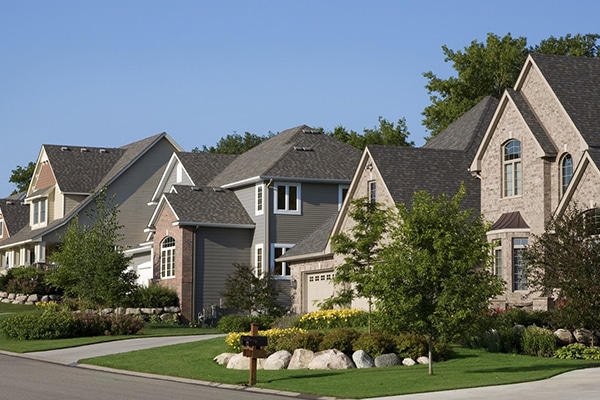Why You Should Start a Neighborhood Watch

An estimated 1,579,527 burglaries occurred in the United States in 2018, but only 216,010 of those intruders were arrested — that’s just 13.67%.
Establishing a neighborhood watch program is an easy and effective way to keep your community secure.
Consider the following benefits.
1. Fight Crime for a Safer Community
The most obvious reason to organize a neighborhood watch program is to prevent crime. Groups that meet regularly and communicate efficiently are the most effective at reducing community incidents.
To get the most out of your group:
- Gather interested neighbors and define a group goal.
- Talk with the local police department to better understand common crimes, warning signs and best practices for action.
- Schedule regular gatherings so residents can get to know one another and decide on upcoming program strategies.
- Customize action plans based on the specific needs of your neighborhood. Unique activities may include, but are not limited to, forming citizen patrols to support local police officers, offering crime prevention training, applying a phone or email list in case of emergency, offering victim support services and/or assessing homes for vulnerabilities.
- Establish a reliable communication channel to keep all members informed. This could be a newsletter, website or Facebook group.
- Assign a block captain for every 10-15 houses to gather and distribute information between neighbors in their assigned area.
- Look for openings to educate residents on suspicious activity and how to alert the group or authorities appropriately.
- Advertise your program. Put up signs to warn criminals and encourage neighbors to join.
2. Create a Broad Sense of Awareness
Another benefit of a neighborhood watch program is a more connected community. Alert neighbors can stop crime and keep residents safe—while making the neighborhood a more welcoming environment.
Here’s how you can do your part:
- Contact law enforcement if you see someone in trouble, or illegal, suspicious or unusual activity. It’s important to be precise in your observations.
- Learn your neighbors’ schedules. Many have jobs that require them to be away from their homes for hours during the day. Single-home dwellings are more likely to be targeted during the day between the hours of 10:00 a.m. and 3:00 p.m. If you notice something that seems suspicious, discuss it with your neighbor or ask questions.
- Share concerns openly with your neighbors; if possible, work together to find a solution.
- If a neighbor will be out of town, offer to collect mail, mow a lawn or shovel the sidewalk while they are away.
3. Spotlight Other Important Issues
Neighborhood watch programs can also provide a platform to consider other vital matters like animal control issues or vehicle safety concerns. Use your group as an avenue to survey thoughts and ideas related to broad community issues, and labor as a team to resolve them.
Whether it’s a neighborhood beautification project or winter emergency planning, the possibilities for your group to support one another are endless.

